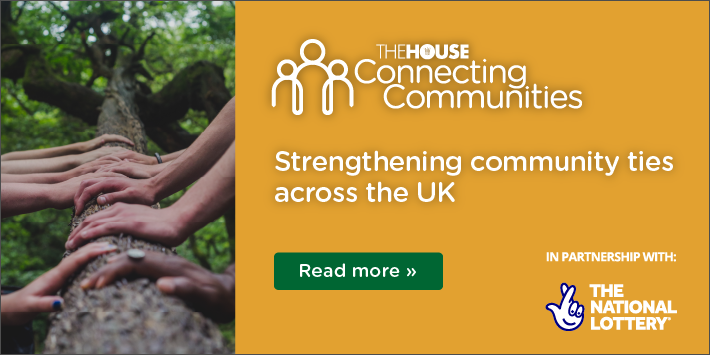We must protect and preserve our community green spaces and ecosystems
3 min read
Landowners, local authorities and corporates must actively participate in restoring and enhancing our biodiversity whilst considering societal challenges and enhancing human wellbeing.
As the Covid-19 pandemic took hold, and the country entered into lockdown, many of us will have appreciated our outdoor spaces much more – whether gardens (if lucky enough to have them), or public parks and the wider countryside.
So with this heightened sense of the importance of nature to our health and wellbeing at the forefront of the public imagination, I was very pleased Keep Britain Tidy launched the Great British September Clean, encouraging people to get out and help ensure their favourite green space is free from litter. I commend everyone who has got involved and helped clean up their local area.
More people using green spaces usually leads to more litter, but it does not have to be that way. A little more personal responsibility to take litter home and dispose of it properly goes a long way.
As an MP for a very rural area, I am all too well aware of how litter can turn picturesque countryside into an eyesore. But equally as Chairman of the Environmental Audit Committee, it is increasingly clear from local and international evidence how much impact litter and inappropriate disposal of other waste, especially plastic, can have on biodiversity.
15% of species within the UK are threatened with extinction. It is vital we know how to respond so as not to lose species forever.
Cracking down on this blight is part of a wider effort to reduce our impact on the environment. It is tragic that biodiversity is continuing to decline faster now than at any time in human history.
So the Environmental Audit Committee commences oral hearings next month in our inquiry into how best to protect and enhance biodiversity, while considering nature-based solutions to climate change, including action to protect, manage and restore natural and modified ecosystems to address societal challenges and enhance human wellbeing.
Anyone who saw the recent David Attenborough programme, Extinction: The Facts, will have been concerned by the loss of biodiversity around the world. 15% of species within the UK are threatened with extinction. It is vital we know how to respond so as not to lose species forever.
In many ways, the government has made clear that it recognises this problem. The Environment Bill provides for the creation of a new biodiversity net gain requirement for developments, and also commits to creating or restoring 500,000 hectares of wildlife habitat as part of a Nature Recovery Network. But this will require serious and active participation from local authorities, corporates and landowners.
I look forward to taking forward this inquiry, and encouraging both the government and the public to do all we can to protect the green spaces in our communities for which the Covid-19 pandemic has provided us all with renewed passion.

